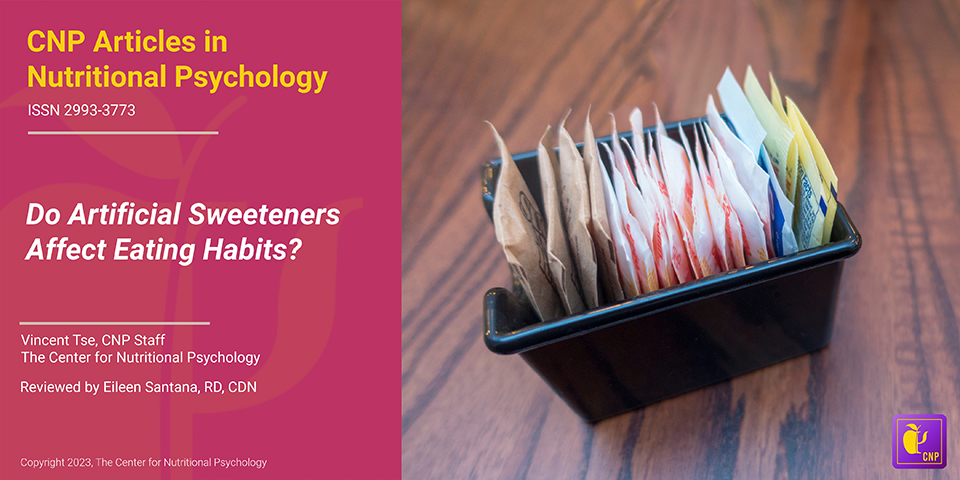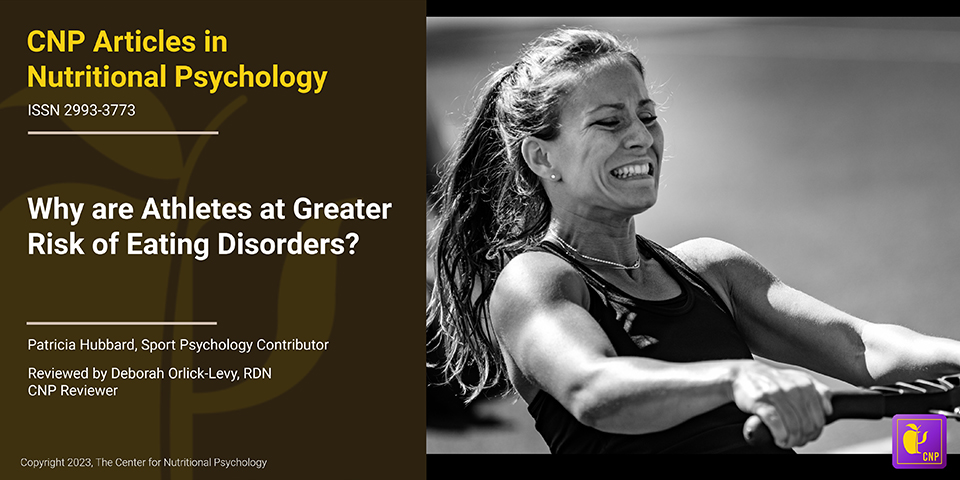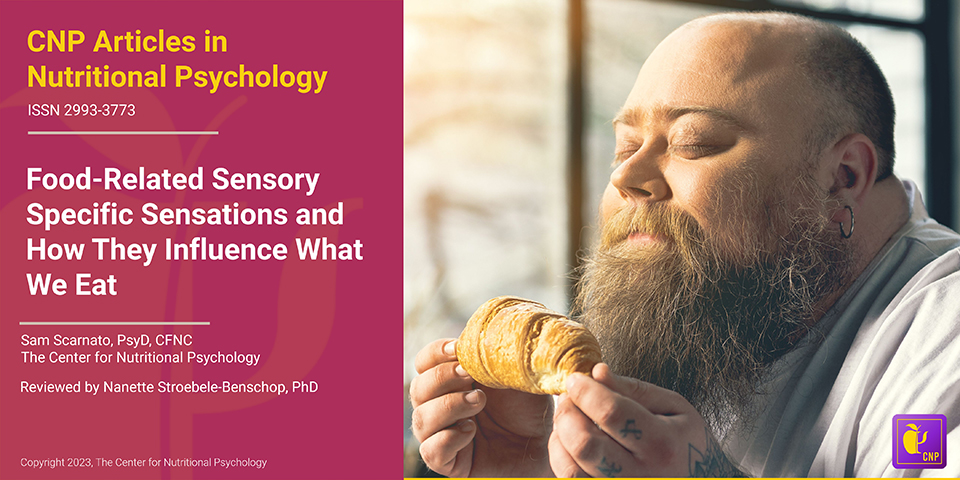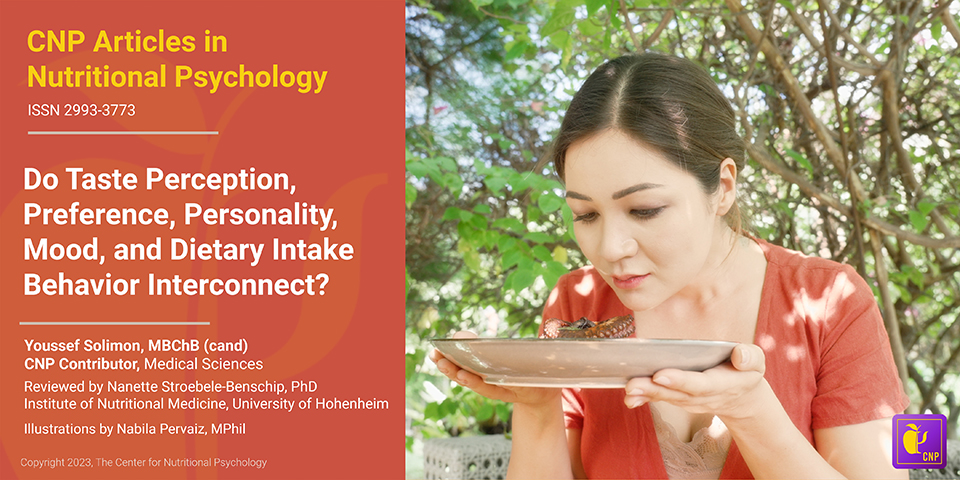Do Artificial Sweeteners Affect Eating Habits and The Diet-Mental Health Relationship?
Artificial sweeteners—sugar substitutes that satisfy our cravings for sugar but contain low calories—have become a popular alternative to reduce the risks associated with high-sugar consumption and means of bodyweight management. Yet, the long-term effects of these nonnutritive sweeteners (NNS) have...
Development of “Sport and Disordered Eating” Research Category In Nutritional Psychology
Athletes are under immense pressure. Athletes feel the pressure to perform their best to win, attain coveted scholarships, be selected in a draft, and even to look a certain way (i.e. achieve perfection). As we’ve seen within the sporting culture,...
Special Topic in Nutritional Psychology: Factors Contributing to Food Selection Behavior
Researchers continue to pursue a better understanding of how our food choices and eating behaviors are influenced by the subjective sensations we experience in relation to foods. In their 2020 study, Duerland and colleagues explored the relationship between subjective sensations...
Does Perception of Body Weight During Adolescence Influence Dietary Intake?
Adolescents seem to be vulnerable to feeling dissatisfied with their weight and body shape (Clay et al., 2005). Their perception of their body image (i.e., their Diet-Perceptual Relationship) may be shaped by the opinions of their family and friends; what...
Do Taste Perception, Preference, Personality, Mood, and Dietary Intake Behavior Interconnect?
For hundreds of years, scientists have suspected a connection between our personality traits and taste preferences. Anton Brillat-Savarin, the famous French gastronome, is quoted saying, “Tell me what you eat, and I will tell you who you are.” Tell...












